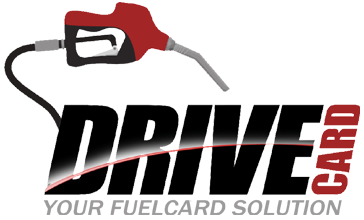A business fleet may use fuel cards for several reasons:
-
Cost control: Fuel cards often come with cost-saving features such as volume discounts, negotiated pricing, or rebates. These benefits can help businesses manage and control their fuel expenses, potentially saving significant amounts of money over time.
-
Streamlined payment and expense tracking: Fuel cards provide a centralized payment method for fuel purchases across the entire fleet. This eliminates the need for drivers to use personal funds or collect receipts, simplifying expense tracking and reducing administrative burdens. Detailed reports provided by fuel card providers make it easier to monitor fuel consumption and expenses for each vehicle in the fleet.
-
Enhanced security and fraud prevention: Fuel cards can be assigned to specific vehicles or drivers, allowing businesses to monitor and control fuel usage more effectively. This reduces the risk of unauthorized purchases or fraudulent activity. Fuel cards also eliminate the need for cash transactions, reducing the likelihood of theft or loss associated with carrying cash.
-
Fleet management and control: Many fuel card providers offer online platforms or mobile apps that enable fleet managers to monitor fuel consumption, track vehicle locations, and set spending limits. This helps businesses optimize fleet operations, identify inefficiencies, and ensure compliance with fuel usage policies.
-
Additional services and benefits: Some fuel card programs offer additional services such as vehicle maintenance tracking, driver behavior monitoring, or integration with fleet management software. These services can help businesses improve fleet efficiency, reduce maintenance costs, and enhance overall operations.
-
Access to a network of fuel stations: Fuel card providers often have partnerships with multiple fuel stations, providing fleets with a wide network of acceptance locations. This ensures that drivers have convenient access to fuel wherever they are operating.
By using DRIVEcard fuel cards, businesses can achieve better control over their fuel-related expenses, streamline administrative tasks, and gain valuable insights into their fleet's fuel consumption patterns and efficiency.










.png)
.png)
.png)
.png)
.png)
.png)
